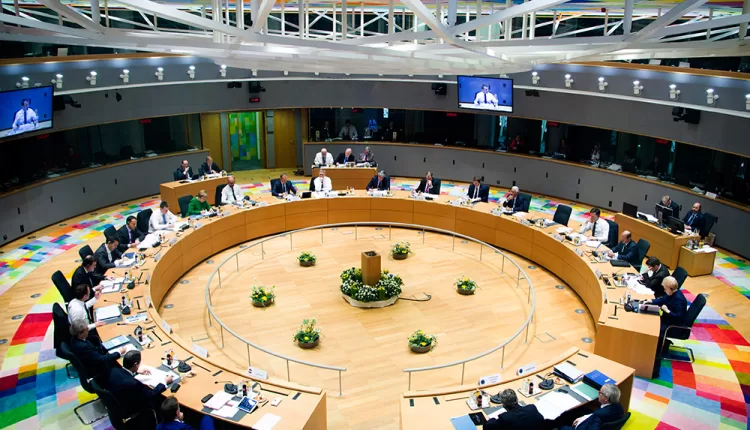The Council of the European Union has given its final approval for its Deforestation Regulation aimed at reducing deforestation associated with key EU market imports.
The regulation is targeted at cocoa, palm oil, cattle, wood, coffee, rubber and soy.
Any of these commodities not produced according to the new law will face an EU market restriction or ban.
The rules also apply to a number of derived products such as chocolate, furniture, printed paper and selected palm oil based derivates (used for example as components in personal care products).
With Council’s final adoption, the regulation is set to be published in the EU’s Official Journal following which it will enter into force 20 days thereafter.
But even prior to receiving this final go-ahead, commodity producers across the globe have been up in arms against its implementation.
Indonesian oil palm farmers last month demanded its complete withdrawal, threatening action for a boycott of EU goods.
According to the EU, the main driver of global deforestation and forest degradation is the expansion of agricultural land, which is linked to the production of the commodities included in the scope of the regulation.
EU authorities concede that its market is a major consumer of such commodities, therefore it can reduce its contribution to global deforestation and forest degradation by making sure these products and related supply chains are ‘deforestation-free’.
By the new rules, the EU is aiming to ensure that its consumption and trade of these commodities and products don’t contribute to deforestation and further degradation of forest ecosystems.
The Commission first published its proposal for a regulation on 17 November 2021 and was passed into law by the EU Parliament on 19 April 2023.
The European Union Due Diligence Regulation (EUDR) is applicable to products produced on land said to be the subject of deforestation after 31 December 2020.
The law sets mandatory due diligence rules for all operators and traders who place, make available or export the targeted commodities.
Operators will be required to trace the commodities they are selling back to the plot of land where they were produced.
At the same time, the new rules aim to avoid duplication of obligations and reduce administrative burden for operators and authorities.
There is also a possibility for small operators to rely on larger operators to prepare due diligence declarations.
- Illegal Mining Threatening Ghana’s $230M Cocoa Rehabilitation - April 10, 2024
- Ghana Raises Cocoa Farmgate Price by 58.26% to GHC2,070 per bag - April 5, 2024
- New Standard for Measuring Cocoa Household Income Launched - April 5, 2024
